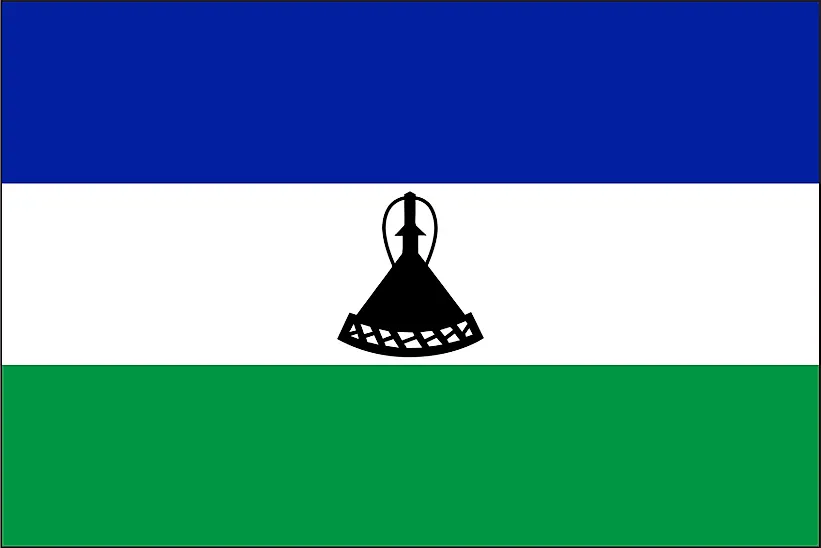
Lesotho
| Continent | Africa |
| Capital | Maseru |
| Population | 1,953,070 |
| GDP | $6.02 Billion |
| GDP per Capita | $3,100 |
| Dialing Code | +266 |
| ISO Code (2-letter) | LS |
| ISO Code (3-letter) | LSO |
Lesotho Landscapes






About Lesotho
Welcome to Lesotho, a nation where mountain landscapes meet ancient traditions. With approximately 2.1 million people occupying 30,355 square kilometers, Lesotho combines remarkable highland scenery with rich cultural heritage, earning its nickname as the “Kingdom in the Sky” for being the only country entirely above 1,000 meters in elevation.
Geographic Features and Natural Beauty
Lesotho’s geography is characterized by dramatic mountainous terrain, with the Maloti-Drakensberg range dominating the landscape. The country features the highest low point of any nation (1,400 meters) and includes Thabana Ntlenyana, southern Africa’s highest peak at 3,482 meters.
The landscape includes deep valleys, highland plateaus, and numerous waterfalls, including the Maletsunyane Falls with a single drop of 192 meters. The country’s high altitude creates unique alpine conditions in Africa, supporting distinctive ecosystems and even skiing opportunities.
Protected areas include Sehlabathebe National Park, a UNESCO World Heritage site, preserving unique highland biodiversity and ancient rock art. The Katse Dam, Africa’s second-largest double-curvature arch dam, demonstrates the country’s water resources importance.
Cultural Heritage and Traditions
Basotho culture is deeply rooted in traditional practices and community values. The country’s heritage includes distinctive traditional dress, particularly the Basotho blanket, which serves both practical and ceremonial purposes.
Traditional arts include intricate grass weaving, pottery, and distinctive house decoration known as litema. Music and dance traditions feature the lelingoana (traditional accordion) and various ceremonial dances celebrating life events and seasonal changes.
Basotho cuisine reflects the highland environment, featuring hearty dishes like papa (maize porridge) with moroho (wild spinach) and traditional fermented porridge. The tradition of community gatherings and celebrations remains central to social life.
Historical Journey
Lesotho’s history spans from the unification under King Moshoeshoe I in the early 19th century through British protection to independence in 1966. The country’s unique status as a kingdom entirely surrounded by South Africa has shaped its development.
Significant periods include the formation of the Basotho nation, British protection period, independence, and various political developments. Lesotho’s success in maintaining independence during the colonial period demonstrates remarkable diplomatic skill.
Modern Economic Landscape
Today’s Lesotho economy combines traditional agriculture with growing sectors in textile manufacturing and water resource management. The country’s strategic position as a water source for southern Africa provides significant opportunities.
Recent initiatives focus on sustainable development, renewable energy, and improving infrastructure. Lesotho’s natural resources and strategic location support its emerging position in regional development.
International Relations and Global Position
Lesotho maintains active participation in regional organizations while managing its unique geographical position. The country’s water resources and hydroelectric potential contribute to regional cooperation.
Did You Know?
• Lesotho is the only independent state in the world that lies entirely above 1,000 meters in elevation?
• The country exports water to South Africa through the Lesotho Highlands Water Project?
• Traditional Basotho blankets tell stories through their patterns and are worn for different occasions?
• Lesotho has Africa’s highest ski resort, Afriski?
Conclusion
Lesotho represents a unique combination of highland beauty and cultural preservation. From its mountain peaks to its traditional villages, from its water resources to its textile industry, Lesotho continues to evolve while maintaining its distinctive identity. As it addresses challenges including economic development and climate change adaptation, Lesotho remains committed to sustainable growth while preserving its mountain kingdom heritage.